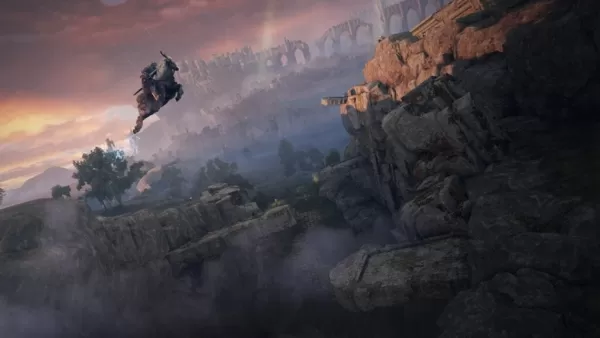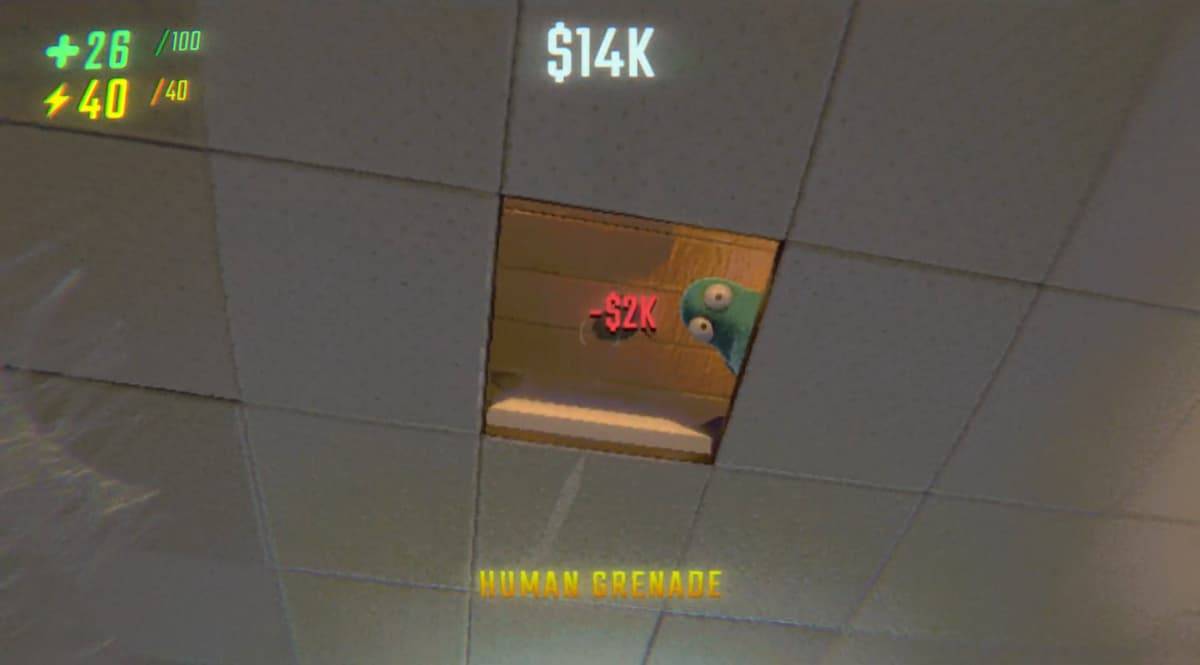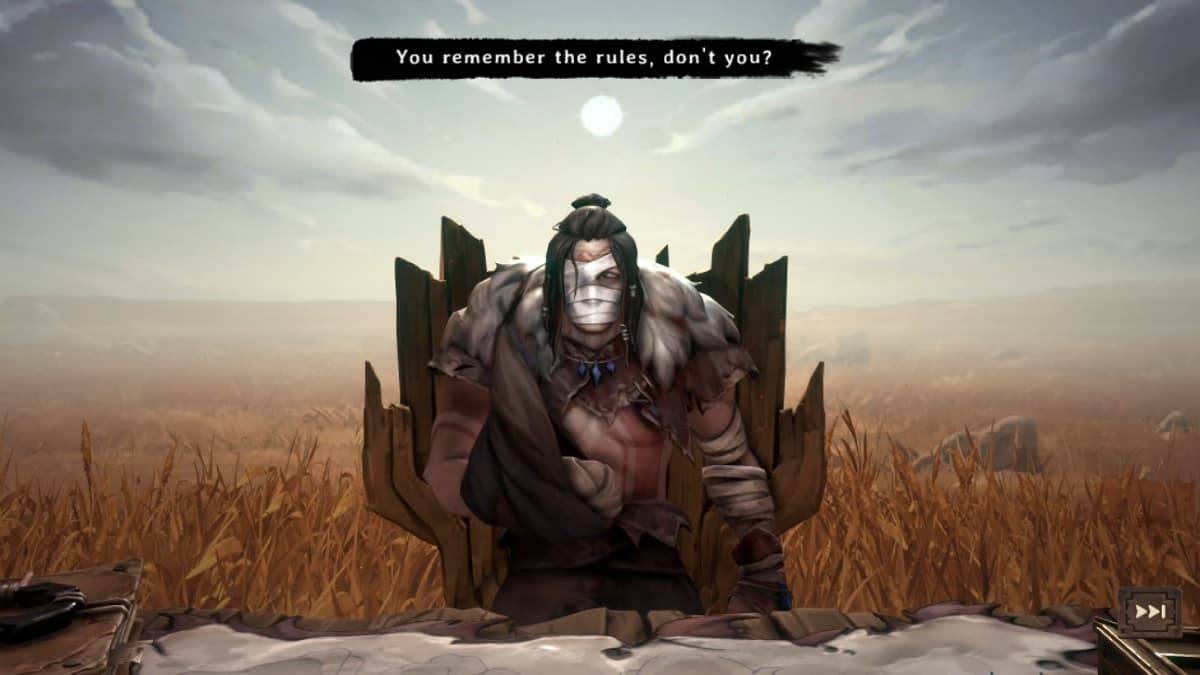Open-world games were once synonymous with a relentless pursuit of checklists. Maps were littered with markers, mini-maps dictated every move, and objectives often felt like tedious tasks rather than thrilling adventures.
Then came Elden Ring from FromSoftware, which tossed aside the conventional rulebook, eliminated the hand-holding, and offered players something truly unique: genuine freedom.
In partnership with Eneba, we're exploring the impact Elden Ring has had on the genre and why it's a game-changer.
A World That Doesn’t Beg for Your Attention
Traditional open-world games vie for your constant attention with incessant pop-ups guiding your every move and decision. Elden Ring, however, takes a subtler approach—it whispers rather than shouts. It unfurls a vast, enigmatic world and leaves you to unravel its mysteries at your own pace.
There are no overbearing UI elements demanding your focus; instead, your curiosity becomes your compass. If something catches your eye on the horizon, venture forth. You might discover a concealed dungeon, a formidable weapon, or a monstrous boss eager to challenge you.
And here's the kicker: no level scaling. The world remains static, forcing you to adapt. If a region proves too daunting, return later—or don't. No one prevents you from confronting a dragon at level five armed only with a broken sword. Just be prepared for the consequences.
It's never too late to delve into the Lands Between, especially when you can snag an Elden Ring Steam key at a surprisingly affordable price on Eneba.
Exploration Feels Like Discovery, Not a Checklist
In most open-world games, exploration often feels more about checking items off a list than embarking on an adventure. You dash from one waypoint to the next, completing objectives like a series of errands. Elden Ring turns this notion on its head.
There's no quest log spoon-feeding you directions. NPCs deliver cryptic messages, distant landmarks beckon without explanation, and the game refrains from over-explaining.
 This might seem daunting at first, but it's precisely what makes exploration so gratifying. Each cave, ruin, and fortress feels like your personal discovery, spurred by your own curiosity.
This might seem daunting at first, but it's precisely what makes exploration so gratifying. Each cave, ruin, and fortress feels like your personal discovery, spurred by your own curiosity.
Moreover, unlike games where loot feels like a random drop, Elden Ring ensures that every reward is significant. Stumble upon a hidden cave, and you might emerge with a game-altering weapon or a spell capable of summoning a meteor storm.
The Joy of Getting Lost (and Surviving)
Most games view getting lost as a setback. In Elden Ring, it's an integral part of the experience. You might take a wrong turn and find yourself in a treacherous poison swamp (a staple, of course). Or wander into a seemingly tranquil village only to be ambushed by horrifying creatures. Yet, these moments breathe life into the world.
The game doesn't coddle you, but it does scatter subtle hints. A statue might gesture toward a buried treasure. A cryptic NPC could hint at a hidden boss. If you're observant, the world gently nudges you without dictating your path.
Open-World Games Will Never Be the Same?
Post-Elden Ring, the landscape of open-world gaming has been irrevocably altered. FromSoftware demonstrated that players crave mystery, challenge, and the thrill of discovery over constant hand-holding. We can only hope other developers take this lesson to heart.
If you're eager to immerse yourself in a world that not only invites but insists on exploration, digital marketplaces like Eneba offer fantastic deals on gaming essentials. Whether it's Elden Ring or other must-play titles, your next adventure is just a few clicks away.




















